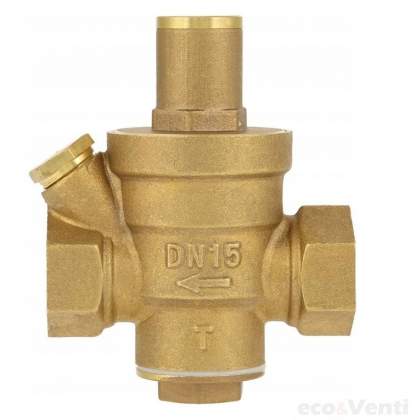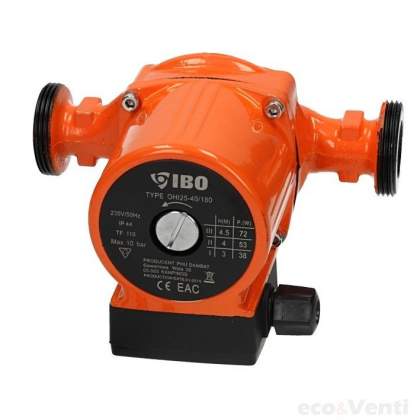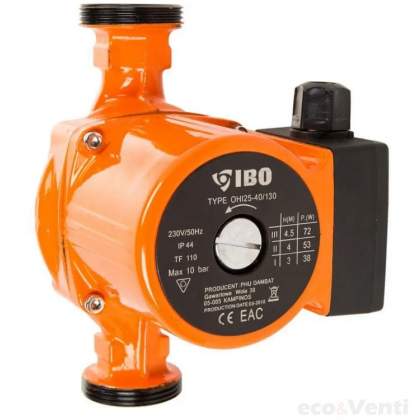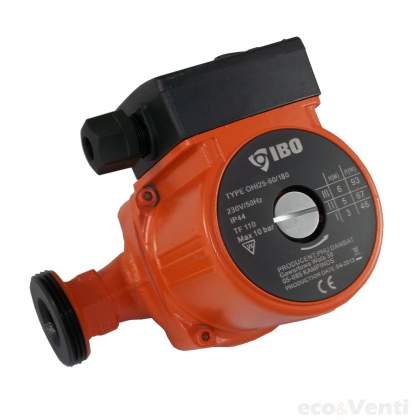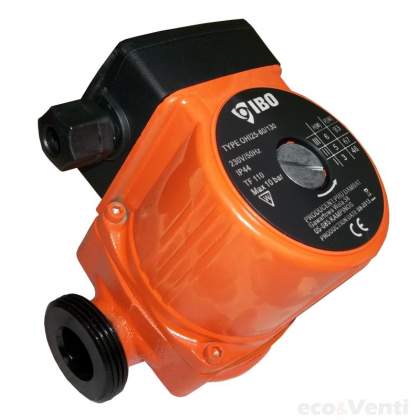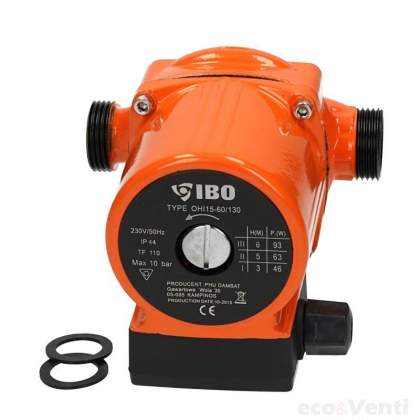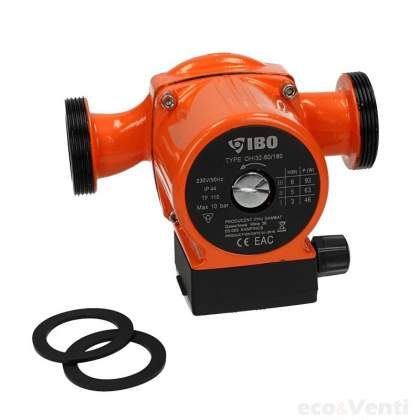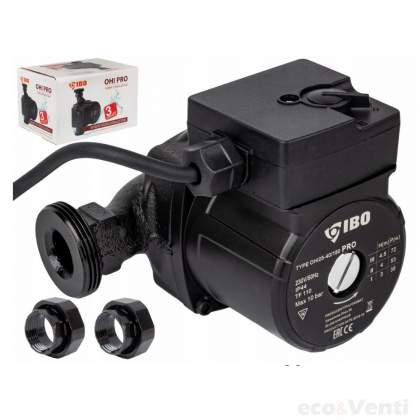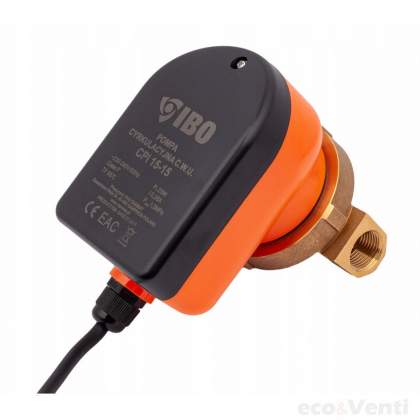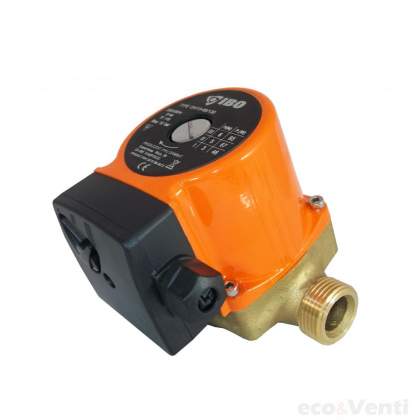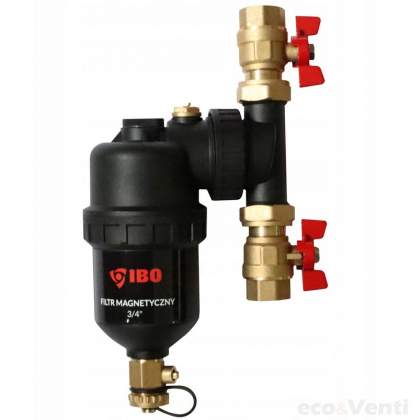CIRCULATING PUMPS
Domestic Heating Pump
A Central Heating Pump (also referred to as a Domestic Water Pump or Circulator Water Pump) is designed for circulating water in open and closed heating and domestic water systems. Central Heating Pumps are powered by electricity, and they work in conjunction with the boiler, zone valves and thermostats to provide heat for your home. When the thermostat indicates that heat is required, the zone valve is opened, the Central Heating Pump is activated and hot water is circulated through the hot water heating system.
As the water cools the boiler turns on and reheats the water in the closed loop hot water heating system. The performance of a Central Heating Pump or Circulator Water Pump is measured by its flow performance. The flow performance is a function of the flow-rate (number of gallons / litres of water that can be pushed through the system per minute), and the head pressure of the Domestic Water Pump.
The head pressure rating of a Central Heating Pump is the maximum vertical height the pump can lift the water. Consequently if you have a large hot water system design that needs to go up two floor levels (e.g. from the basement to the second floor of a home) you will need a Circulator Pump that can support a higher flow performance with a high head pressure.
Circulation pumps are used to move fluid in hydronic heating systems and solar systems, or in recirculation lines of drinking or sanitary water. With regard to the nature of their operation, their power consumption is an important aspect when choosing one. A high efficiency pump may save as much as 80% of power consumption against non-regulated pumps.







